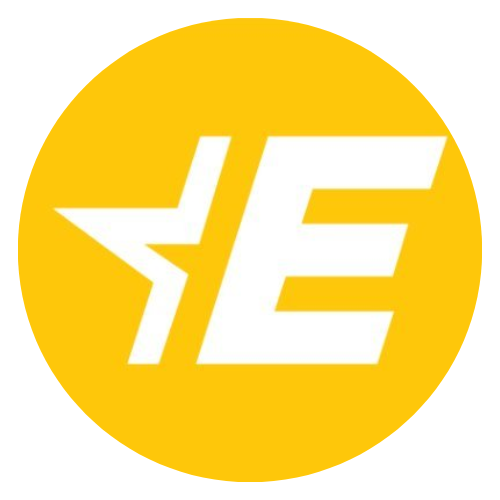Turning citizens into changemakers
One of the most powerful ideas behind CEAH is its people-first approach. Citizens aren’t just passive users of energy — they’re becoming producers, investors, and leaders.
Think: the local resident who sets up a solar panel on their roof. The student group that launches a campus energy-saving campaign. The young entrepreneur who builds a community-based wind farm. CEAH will support and amplify these roles through:
- Local dialogue events
- Knowledge-sharing networks
- Simple how-to guides and toolkits
CEAH also recognises your right to be informed, to participate, and to shape decisions that affect your community — core values enshrined in the EU Charter of Fundamental Rights.
